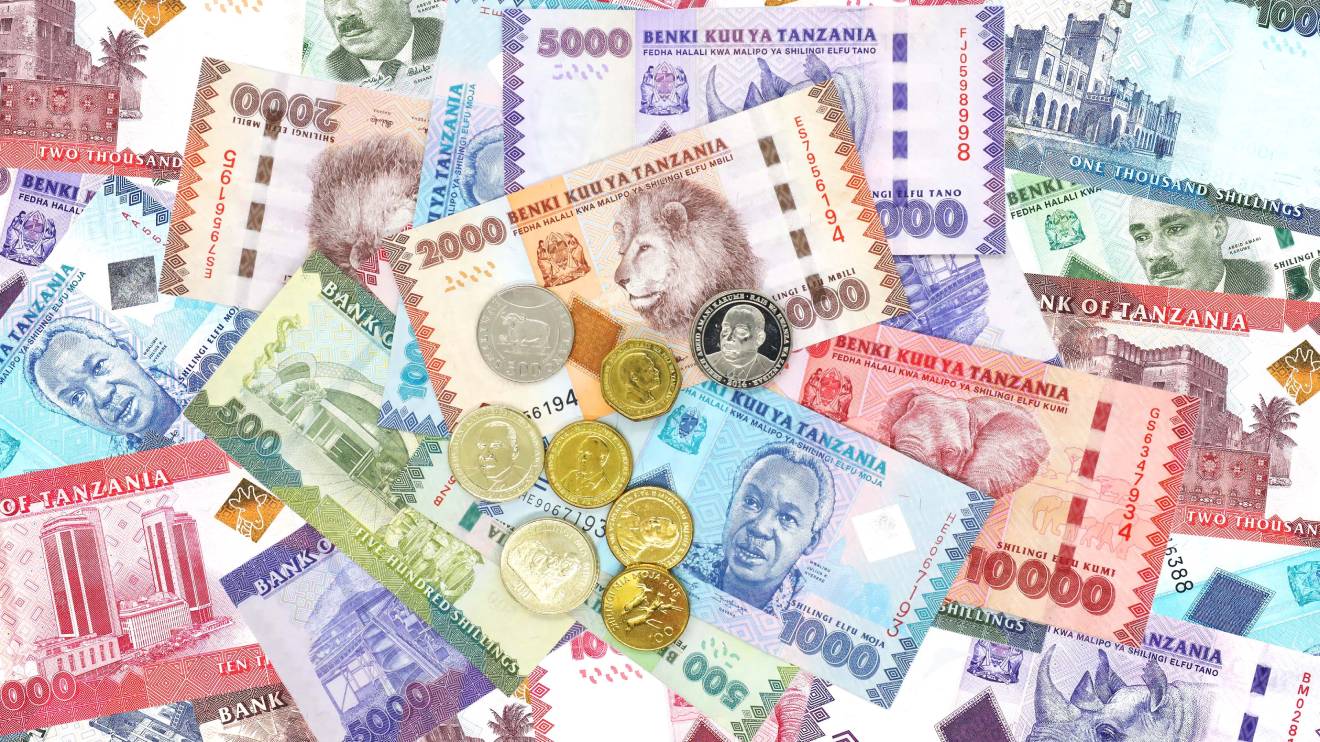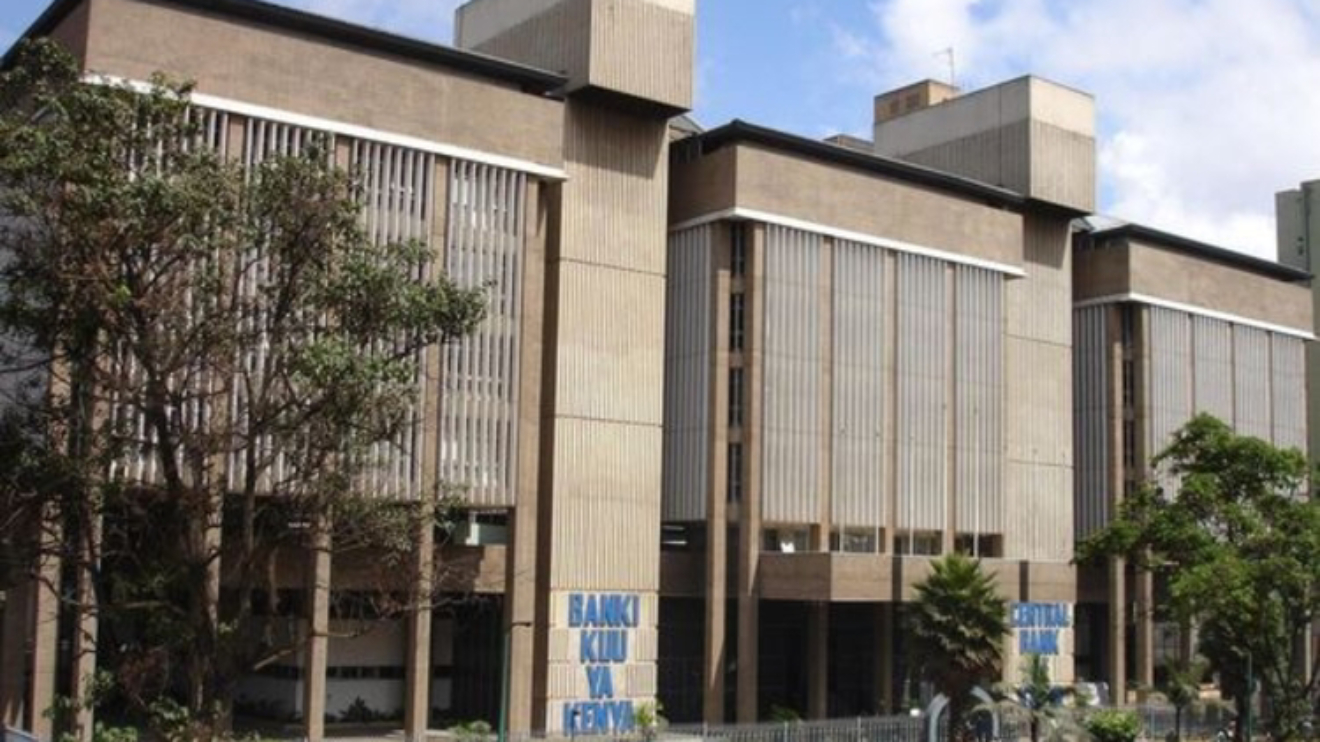Tourists visiting Tanzania will now need to convert their money at commercial banks or Bureau de Change outlets before making purchases, following a sweeping new directive by the Bank of Tanzania (BoT) that bans the use of foreign currencies for local transactions.
The BoT announced the changes under the newly issued Regulations on the Use of Foreign Currency, 2025, effectively making it illegal to price or pay for goods and services in anything but Tanzanian Shillings (TZS).
“The Bank of Tanzania wishes to inform the public that, by the provisions of Section 26 of the Bank of Tanzania Act, 2006, the Government has issued the Regulations on the Use of Foreign Currency, 2025,” the bank said in its statement.
This means that all foreign visitors, including those from Kenya, the United States, Europe, and beyond, must exchange their foreign banknotes at local banks or licensed forex bureaus before paying for anything — whether that be meals, accommodation, or transport.
While they may still use bank cards or digital payment methods, cash transactions must strictly be made in Tanzanian Shillings.
Read More
The statement further underlined: “Under these Regulations, pricing and payment for all goods and services within the country must be in Tanzanian Shillings. Therefore, it is an offence to quote, advertise, or indicate prices in foreign currency, to compel, facilitate, or accept payment in foreign currency, or to refuse payment made in Tanzanian Shillings.”
These regulations extend beyond tourism, affecting contracts previously signed in foreign currencies, which must now be amended within a year to comply with the law.
Only a handful of exceptions are allowed, including transactions by embassies, international organisations, foreign currency loans from local banks, and purchases at duty-free outlets.
For Kenyan visitors, the shift brings immediate adjustments. Tourists crossing the Namanga, Sirare or Holili borders must now plan their cash arrangements carefully, as they can no longer pay in Kenyan shillings or US dollars.
Kenyan traders operating within Tanzania are likewise required to convert funds before doing business, increasing their exposure to shifting exchange rates and adding to operational costs.
Meanwhile, the BoT has urged Tanzanian citizens to remain vigilant and report any businesses or individuals who continue to breach the regulations.
“It is an offence to quote, advertise, or indicate prices in foreign currency, to compel, facilitate, or accept payment in foreign currency, or to refuse payment made in Tanzanian Shillings,” the statement reiterated.
With these new controls, the Tanzanian government seeks to reinforce the standing of its national currency and tighten its monetary oversight.
But for travellers and traders alike, the rules demand more planning, more conversions, and a sharper eye on exchange rates before setting foot in Tanzania.








